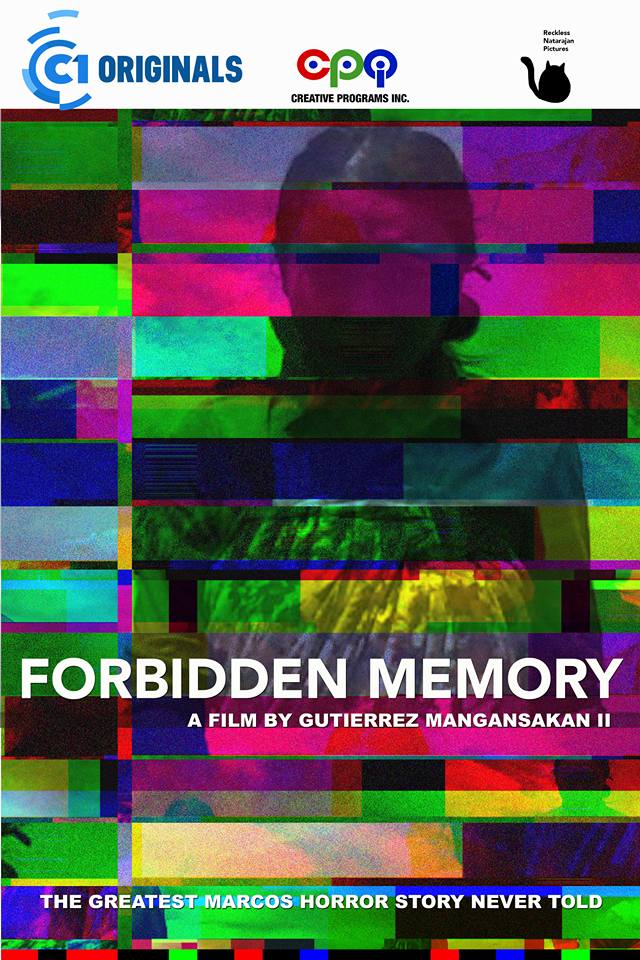The best documentary at this year’s Cinema One Originals Film Festival entitled ‘Forbidden Memory’, directed by multi-awarded Moro filmmaker Gutierrez “Teng” Mangansakan II will be shown on Friday, December 9, a day before the International Human Rights Day , at the Shariff Kabunsuan Cultural Complex at the region’s seat here.
The 96-minute documentary dubbed “the greatest Marcos horror story never told” on its synopsis, says it “summons remembrance and memories of the fateful days in September 1974 when about 1,000 men from Malisbong and neighboring villages in Palimbang, Sultan Kudarat, were killed while 3,000 women and children were forcibly taken to naval boats stationed nearby where they encountered unspeakable horror.”
These atrocities, genocide as they were dubbed, were perpetrated in the dark years of the martial law regime of the late dictator Ferdinand Marcos.
The screening of the film a day before the IHRD is aimed at opening the eyes of the audience to the human rights violations as well as to understand the plight of the Moros during martial law.
Mangansakan, on his behind-the-scenes interview with Cinema One, said that that film is “about a collective memory that keeps the aspirations of the people alive.”
It premiered on November 18th, the same day Marcos was hurriedly buried 27 years after his death at the Libingan ng mga Bayani. Mangansakan, on his Facebook account, posted that the timing was ironic, or rather providential, as it would serve as a reminder of who Marcos really was. The film, he said, is an indictment of Marcos and the horror of his authoritarian regime.
“The historical revisionism committed by the Supreme Court” by allowing the Marcos burial, Mangansakan adds, “is a travesty to the memory of the thousands who perished and suffered under the martial law.”
The film will have two screenings on Friday. One at 9 a.m. for students, members of the military, and government employees, while the Gala will be at 6:30 p.m. for members of the business sector, local government officials, educators, opinion leaders, decision-makers, and the media.
Tickets are free from the Regional Human Rights Commission, the organizer of the event. (Bureau of Public Information)







